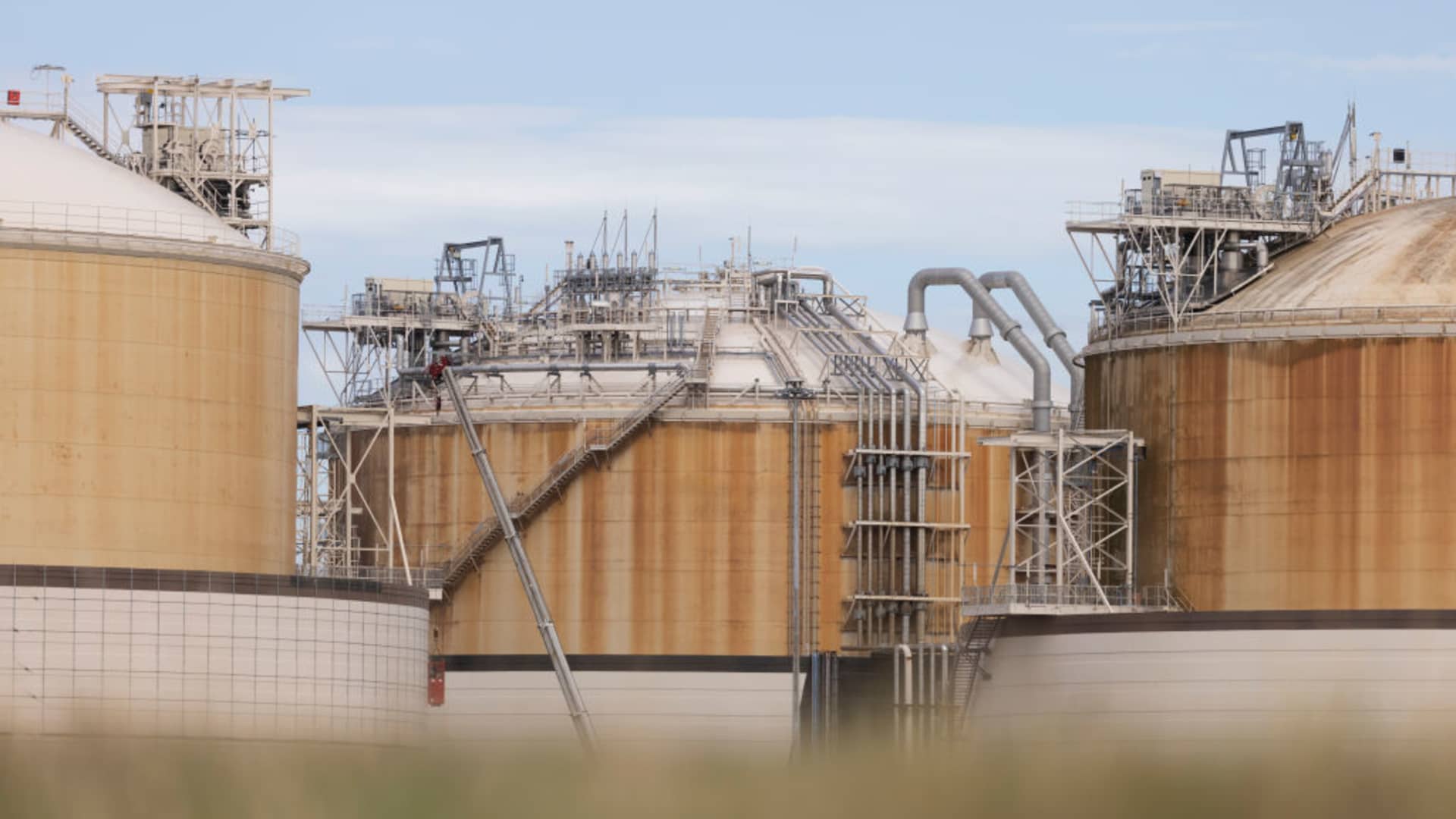Energy
Wednesday, September 28th, 2022 12:00 pm EDT
I recently published an article about how Tesla’s share of the electric vehicle (BEV) market has shifted over the past two years. Despite the fact that Tesla’s deliveries grew 180% from Q2 2020 to Q2 2022, the company’s share of the BEV market dropped from 25.1% in Q2 2020 to 15.6% in Q2 2022 (combining the markets of China, the USA, and Europe). The data came from Troy Teslike.
The #1 complaint I received for writing about the data (which I can’t say I expected) was that Tesla’s share of the overall auto market has been growing even though its share of the BEV market has dropped and its share of the BEV market doesn’t matter. The argument was that the only thing that matters is Tesla’s share of the overall market. (I definitely disagree, but I won’t go into that here. I do agree that Tesla’s share of the overall auto market is very interesting and important.) I assume Troy got the same claims and complaints that I got, leading him to publish the following tweet.
Hi everybody. Here is a chart that shows Tesla’s market share in passenger vehicles.
Tesla has a similar chart in shareholder letters that shows the trailing 12 months. This one shows each quarter as it is. I collect this data after each quarter. Data sources are below. pic.twitter.com/dArWXsnWJM
— Troy Teslike (@TroyTeslike) September 26, 2022
As that tweet above shows, Tesla’s share of the overall auto market also declined a bit in the most recent quarter. There are some likely reasons for that. For one, Tesla did have factory or production line shutdowns in the second quarter that reduced Tesla’s production output. Additionally, auto companies started rebounding a bit from the supply chain crises they’ve been facing. With other automakers seeing their production increase while Tesla’s production stalled or decreased for a period of time, the clear outcome was a decline in Tesla’s market share.
Let’s look more closely at the data, though.
In the USA, Tesla’s share of the market was almost steady after quickly climbing from about 2% market share to 3.5% market share. It just slightly slid down from 3.5% auto market share in Q4 2021 to 3.4% in Q2 2022.
Similarly, after a steady climb in auto market share in China from Q2 2020 (0.6%) to Q1 2022 (2.0%), Tesla slipped up a little bit in Q2 2022 and fell to 1.9% share. Again, that’s a minimal decline and could be explained by some temporary production issues.
But in Europe, the change was dramatic. Tesla climbed up to 2.1% of Europe’s auto market by Q4 2021 (and also Q1 2022), with the steady upward climb starting from 0.7% in Q2 2022. But in Q2 2022, almost all of that gain was lost as Tesla dropped to 0.9% of the auto market.
We certainly don’t know where things are headed in the future. Aside from potential explanations for the drop in market share described above, one might also bring up that Tesla started shipping vehicles (or more models at least) to several new markets. However, that said, Tesla wouldn’t historically expand to new markets like that if they had too much demand in existing markets. But flipping it once more, customers in some of these markets have been waiting years for their vehicles, and Tesla has to find the right balance of serving people in new markets and extending wait times in established ones (if wait times do indeed need to be extended).
Looking backward doesn’t necessarily help us to look forward. Sometimes looking backward can be deceiving. In a year from now, we will better see how recent quarters play into overall trends. If the overall auto market rebounds a great deal as automotive chip issues and other supply chain challenges are resolved, Tesla could have a tough time climbing the market share ladder. However, if Tesla resolves some of its own production bottlenecks quickly and significantly ramps up production at its newest factories, Giga Texas and Giga Berlin, then it could surge forward again. We’ll see.
The end result for now, though, is that Tesla’s market share in the USA, China, and Europe combined was at 2.1% in Q2 2022, down slightly from the 2.3% of Q4 2021 and 2.4% of Q1 2022, but up significantly from the 0.8% of two years prior, Q2 2020. Looking at the overall picture, Tesla is looking quite good. And if you focused in on revenue and net profit, it would surely look even better.
Appreciate CleanTechnica’s originality and cleantech news coverage? Consider becoming a CleanTechnica Member, Supporter, Technician, or Ambassador — or a patron on Patreon.
Don’t want to miss a cleantech story? Sign up for daily news updates from CleanTechnica on email. Or follow us on Google News!
Have a tip for CleanTechnica, want to advertise, or want to suggest a guest for our CleanTech Talk podcast? Contact us here.
Advertisement
This post has been syndicated from a third-party source. View the original article here.





